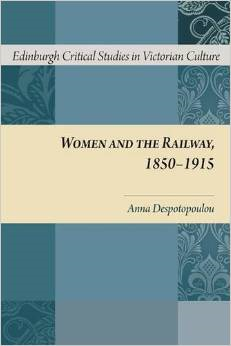Description
Examines cultural representations of women’s experience of the railway in a period of heightened mobility
Women’s experiences of locomotion during a period of increased physical mobility and urbanisation are explored in this monograph. The 5 chapters analyse Victorian and early Modernist texts which concentrate on women in transit by train, including Wilkie Collins’s No Name, George Meredith’s Diana of the Crossways, Elizabeth Gaskell’s North and South, Henry James’s The Spoils of Poynton and The Wings of the Dove, and stories by Rhoda Broughton, Margaret Oliphant, Charles Dickens and Katherine Mansfield. They highlight the tension between women’s boundless physical, emotional, and sexual aspiration – often depicted as closely related to the freedom and speed of train travel – and Victorian gender ideology which constructed the spaces of the railway as geographies of fear or manipulation.
Key features:
The first full-length examination of texts by and about women which explore the railway as a gendered space within a British and European context
Explores a variety of cultural discourses which deal with women and the railway: fiction, poetry, news stories and commentaries, essays, paintings, and philosophical writings
Proposes a reconceptualization of the public/private binary


Reviews
There are no reviews yet.